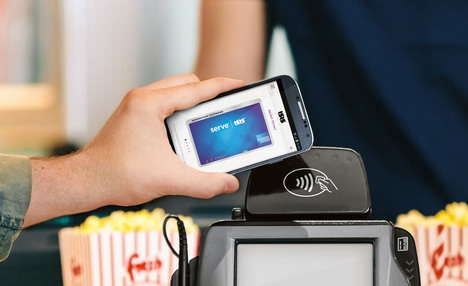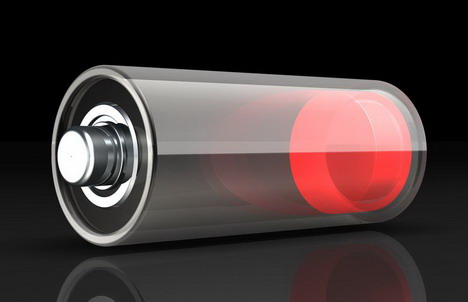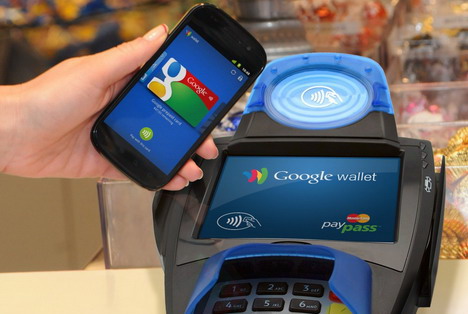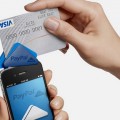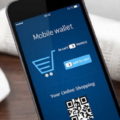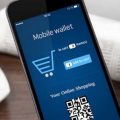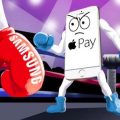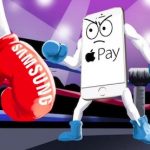10 Myths About Mobile Payments, NFC Payments and Mobile Wallets
Remember the time when you were at the grocery store and at the payment counter ready to make your payment. Remember paying $1.19 was tough when all that you had was a $20 note in your leather wallet? Sometimes the cashier would ask you if you have anything smaller, many a times the cashier would ask, “you got anything smaller?” and every time you would think, well here goes the 20! But then, you think of paying through your credit card. You all know what shopping through a credit card means: extra processing fee, fluctuating interest rates and not to forget the hidden costs.
What if I tell you, in 2015 you would not be worried about that at all! Introducing… a new way of paying for your groceries, your fuel, meals and you name it, this new payment method is here to welcome you!
Welcome: to the Era of Mobile Payments
For novices, mobile payments are payments made using the NFC Chip in your smart phone, by simply tapping the NFC reader at the payment counter. And as easy as it sounds, tada! You have just made your first purchase using Mobile Wallets. A lot of people ask, well is it safe? How secure are the transactions? What if my transactions are lost or how would I keep control of my spending. Well let me “bust” a few myths about mobile payments to answer a few of these questions and more.
10 Myths Busted: Mobile Payments
1. Mobile Payments are Insecure
No they ARE NOT, and I will tell you why! Here are two pieces in technology that can put you at ease. First all data is transferred through encryption so the merchants cannot steal your data. Second, it uses pin code protection so only you have the key or password to your money.
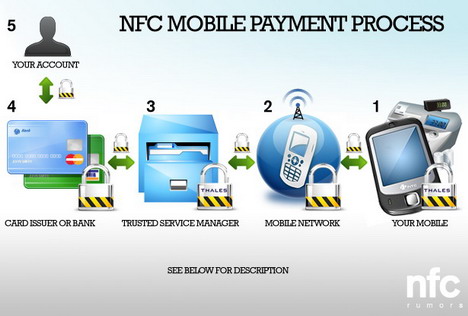
(Image Source: Cybersecurity.mit.edu)
2. Economic Cost of Using NFC Payment Method is Higher
The economic cost of purchasing through mobile wallet is lower than the credit card. This is because NFC payments may directly link with your current back account as opposed to your credit card. Hence no interest rates, no hidden costs; perhaps all you may pay on-top is a small monthly usage fee for all the purchases you make in a month (as opposed to percentage charged per transaction).
This certainly opens up the possibilities to everything, everywhere; from restaurants, banks, bus station, parking areas to shopping malls, hair-cuts, coffee shops, and you name it, it’ll be there!
3. What If My Phone is Dead? How will I Pay then?
The NFC chip has the ability to work even if your phone’s battery is dead! Hence, you will be able to make your payments via your direct account or credit card details stored on a chip which has the ability to work even when phone is off.
4. If My Device is Stolen, My Financial Accounts May Get Compromised!
WRONG! Keep in mind that the risk of physical theft is always there; be it your leather wallet or your cell phone. In case of theft, a credit card is easier to use at payment counters (as it requires a signature that is not synced real-time with the bank database). However, your NFC device is much safer! In a similar scenario, your NFC device would not allow to make purchase without a PIN code that is still safe with you.
Hence, the chip in your phone prevents accidental or intentional tampering and will deny unauthorized access.
5. Over Spending Worries You?
This is where NFC gets real powerful! It not only transfers your amount to vendors and keeps your money safe but the applications using NFC allow you to find the best deals for your shopping. Moreover, if you allow your device to track your spending, your device maintains a complete ledger account (like an audit sheet) of your daily/ monthly spending, your spending habits and purchase patterns.
Moreover, NFC devices use RFID tags that allow you to tap on names of restaurants to check their menus. Similarly, if you are within a shopping mall in USA, you have the choice to tap your cell phone at the mall to check for the latest deals being offered by various merchants within the mall (tip: all leading malls within US have started adopting this; check with the mall manager or staff). Hence, using NFC, you have the information right in your hands.
6. I Still Have to Carry My Wallet
Not really unless you want to have one signed by a celebrity. NFC uses RFID tags that not only allow you to make electronic payments but also stores information about saving coupons, gifts and loyalty card and applies them whenever payments are made.
A journalist by the name Christina Bonnington was able to live without her wallet for one month.
7. Can Apps Gain Access to My NFC and Make Unwanted Purchases?
No, the NFC does not have access to any data on your phone. A hacker could hack your NFC chip password. But that is as far as the hacker could go. They would not be able to make any transactions as background security system must authorize transactions before they can be made.
8. It Cannot Help Me in Business
What’s better than knowing the entire shopping patterns and behavior of your customer. Imagine the possibilities how it can help you improve your business contacts and result in better customer retention. With NFC you can just do that! While we will never run of business cards, NFC chips have the ability to store information of your contacts so you can network fearlessly.
9. They are Hard to Use
Are you afraid that a technology as powerful as NFC will be complex to understand and install? Not quite so. All the service providers from Square to Boloro are easy to understand, install and manage.
10. Welcome to the Future. Be Keyless!
Who among us has not lost keys your office or house? NFC-enabled phones allow us to unlock our doors. With NFC, users simply wave their cellphone, instead of an access badge, at a reader, as a credential for access to labs, office, home or other secured areas.
Tags: mobile payment, mobile phone, online transaction, smartphone



